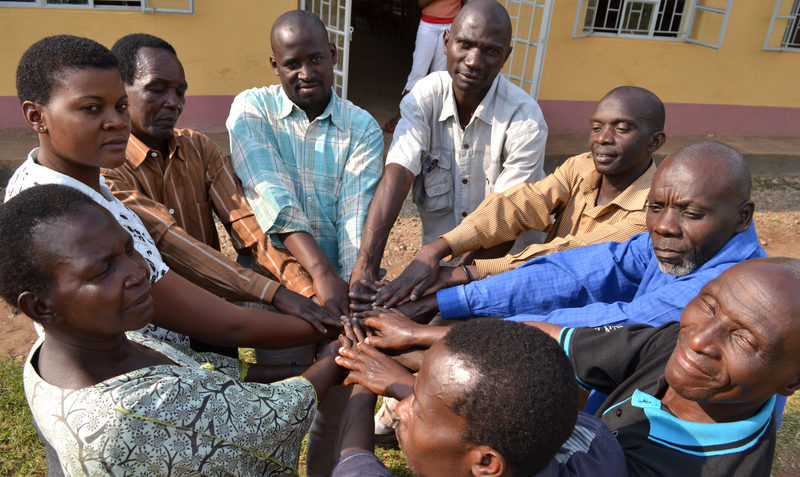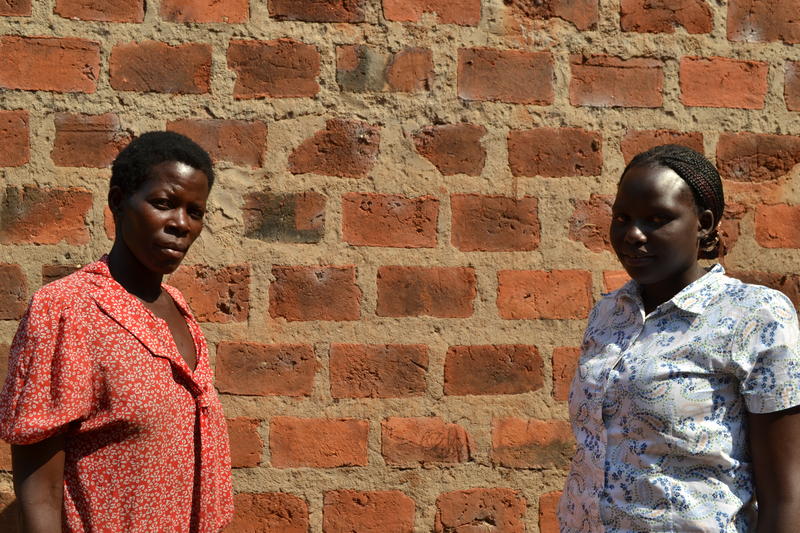The impact of community health workers in Uganda

Review of a five year USAID-PEPFAR project working with orphans and vulnerable children in Uganda.
Evidence of the crucial role community health workers and para social workers can play in improving the lives of vulnerable people has been demonstrated by a five-year, USAID-PEPFAR funded project working with orphans and other vulnerable children (OVC) in Uganda.
The project, Strengthening the Ugandan National Response for Implementation of Services for OVC (SUNRISE-OVC), worked with government and community development officers in communities identified with high levels of child abuse and neglect to help improve each link in the child protection and care system.
In Uganda, there are six million children who are either orphaned or lack adequate care and protection, putting them at higher risk of HIV infection, early pregnancy and mental health issues. The country also has a health and social welfare workforce shortage which is seriously preventing progress towards the country’s commitment to Universal Health Coverage (UHC).
The eyes and ears of the community
The ultimate goal was to support every orphan and other vulnerable children to attain their full potential. Grace Mayanja, SUNRISE-OVC Chief of Party
Since 2010, the team has implemented a diverse range of initiatives. From supporting the recruitment of more than 1,300 government community development posts to the running of service camps for children, their caregivers and other community members to learn about child abuse prevention and reporting.
But it is the training of an army of 11,700 para social workers (similar to community health workers) that has been instrumental in supporting local government staff to identify vulnerable families, making first contact and referring them to services.
All the para social workers are community volunteers. Many were already part of informal groups such as village health teams and community development committees; others were local religious leaders or members of people living with HIV or adult literacy groups and therefore already active in the community. They received training in child protection, child rights, documentation and data collection, using government and UNICEF developed curriculum.
Government and community systems strengthening
In the context of task-shifting the concept of using community members to deliver certain basic health and social welfare services to their communities has gained currency. In 2013, the Alliance conducted a systematic literature review of the role of volunteer community health workers in HIV care in sub-Saharan Africa. The study found that these workers clearly contributed to HIV service delivery and to strengthening the human resource capacity in their communities.
This has been confirmed by the SUNRISE-OVC project. The training received by the para social workers significantly contributed to preventing, protecting against, and responding to, the abuse, neglect and exploitation of orphans and other vulnerable children. These volunteers provide critical links between families and government services.
“In many cases, para social workers were best placed to identify critically vulnerable children and which households were dealing with violence, conflict and food insecurity” says Grace Mayanja. “Their presence in the community enabled them to respond to emergencies much faster and often their early intervention prevented issues from escalating.”
These workers became trusted community members who were able to effectively mediate in cases of domestic violence, provide support in cases of child abandonment, visit the homes of children not attending school and speak to parents and other adults about their duty to care for children.
Evidence from 43 of the districts in which SUNRISE-OVC operated indicate the majority (79%) saw a decrease in the number of orphans and other vulnerable children experiencing abuse between 2011 and 2014.
Getting results
Commenting after the closure of the project, Grace Mayanja said: “Today we count five years of the project but the strengthened child welfare and child protection systems will continue to perform long after the project offices and budgets have closed. We depend on Ministry of Gender, Labour and Social Development, as well as the local government leadership to ensure that the systems continue to operate at maximum capacity.”
The impact of SUNRISE-OVC provides further evidence that a commitment to community systems strengthening – which lies at the heart of growing movements such as the 1mCHW Campaign – must be adopted by those programming for vulnerable, hard to reach groups.
Useful links
This SUNRISE-OVC project memoir contains all of the project results and a selection of case studies. It was created for the close-out event in Kampala in June 2015 attended by project staff and volunteers, local government officials, representatives from USAID in Uganda and all the consortium partners, including Alvaro Bermejo, the Alliance’s Executive Director.
This blog was written by our senior advisor children, Kate Iorpenda, following her visit to meet some of the para social workers and the families they worked with.
The Alliance uses its extensive community-based experience to contribute to high impact HIV research. You can find more examples here.
* SUNRISE-OVC has been run through the Ministry of Gender, Labour and Social Development and implemented by a consortium of partners led by the Alliance in Uganda and including the Uganda Women’s Efforts to Save Orphans (UWESO) and Management Sciences for Health (MSH), with technical assistance from a further eight organisations: (ACORD, Africare, AVSI, Bantwana, Child Fund, FOCREV, Save the Children in Uganda and TPO).
This article was written as the International HIV/AIDS Alliance, before we changed our name to Frontline AIDS.
Tags
UgandaUniversal Health Coverage (UHC)



